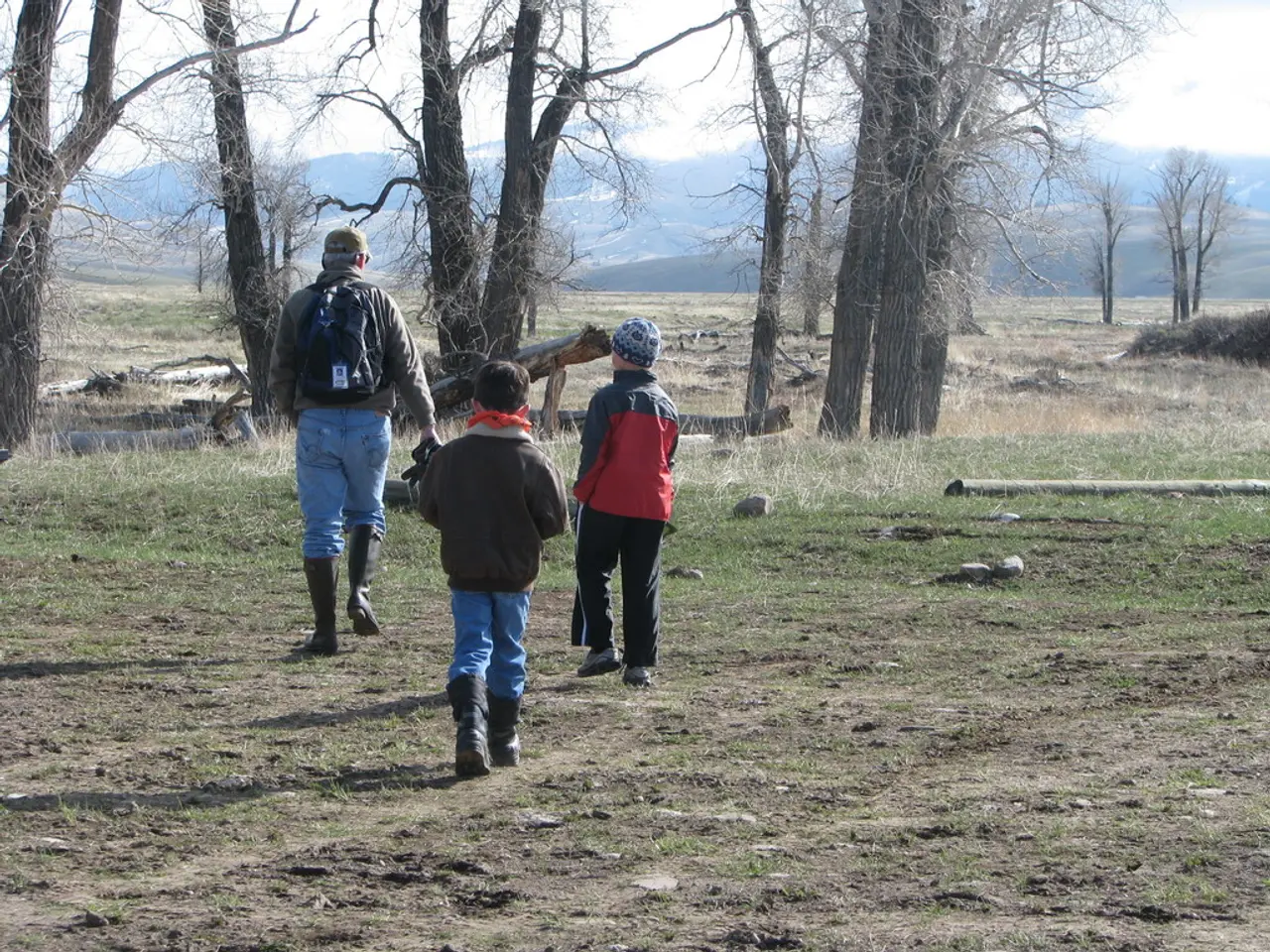Treatment Uses and Safety of Coal Tar
Coal Tar: A Long-Standing Treatment for Skin Conditions
Coal tar, a byproduct of bituminous coal, has been used for over a century to treat skin conditions such as psoriasis and eczema. It is generally considered safe for long-term use under medical supervision, although it carries some risks of side effects and potential cancer concerns that require caution.
Coal tar is effective in slowing skin cell growth, reducing scaling, calming inflammation, and relieving itching in chronic skin conditions such as psoriasis, eczema, seborrheic dermatitis, and dandruff. It is available in multiple topical forms like shampoos, ointments, creams, and soaps, and can be used long term to manage symptoms successfully.
Side Effects and Safety Profile:
Common side effects of coal tar are generally mild and include skin irritation, redness, dryness, itching, mild burning sensations, and occasional allergic reactions. Coal tar increases photosensitivity (sun sensitivity), so users are advised to avoid sun exposure or apply sunscreen after application. It can stain clothes and temporarily stain the skin.
Coal tar should not be applied on broken or infected skin and must be used cautiously or avoided in children unless supervised by a doctor. During pregnancy or breastfeeding, coal tar use should be limited to cases where benefits outweigh risks and under medical supervision.
Cancer Risk:
Historically, coal tar contains carcinogenic compounds due to its origin as a byproduct of coal processing, raising concerns about potential cancer risk with long-term use. However, clinical data and medical guidelines have not conclusively established increased skin cancer risk in patients using topical coal tar treatments for psoriasis or eczema at regulated concentrations.
Many dermatologists consider coal tar safe for long-term topical therapy when used as directed because the formulations are controlled and the exposure is relatively low compared to occupational or environmental coal tar exposure. Nonetheless, long-term use recommendations emphasize caution, medical supervision, and monitoring.
In some places, such as California, coal tar products need to carry a cancer warning due to animal studies and occupational studies. However, researchers have found no evidence to suggest that coal tar with a concentration of between 0.5 and 5% causes cancer.
Precautions and Consultation:
People who are sensitive to the sun or take medicine that makes them more susceptible to UV light should not use coal tar. People with difficult-to-treat psoriasis on their soles or palms may benefit from coal tar treatments.
Before using coal tar products, individuals should consult with a dermatologist for product recommendations. Dermatologists may prescribe coal tar to treat skin conditions such as eczema or psoriasis, and they may use tar and extracts of crude coal tar in the treatment of chronic eczema.
In summary, coal tar remains a well-established, effective treatment for chronic inflammatory skin conditions, with a generally favorable safety profile when used properly. Patients should be aware of mild side effects, sun sensitivity, and take protective measures, while the potential cancer risk is considered minimal at therapeutic doses but warrants medical supervision during extended use.
- Dermatologists may use tar and extracts of crude coal tar in the treatment of chronic eczema, demonstrating the role of coal tar in medical-condition management such as dermatology.
- People should consult with a dermatologist before using coal tar products, as they may help treat skin conditions like eczema or psoriasis, especially in cases where the conditions are difficult to treat on the soles or palms.
- While coal tar is effective in slowing skin cell growth and alleviating itching in chronic skin conditions like psoriasis and eczema, it should be used cautiously in children and avoided for skin that is broken or infected.
- Despite it being derived from a byproduct of coal, the health-and-wellness community advocates for the use of coal tar due to its ability to provide skincare relief for individuals suffering from chronic diseases like psoriasis.




